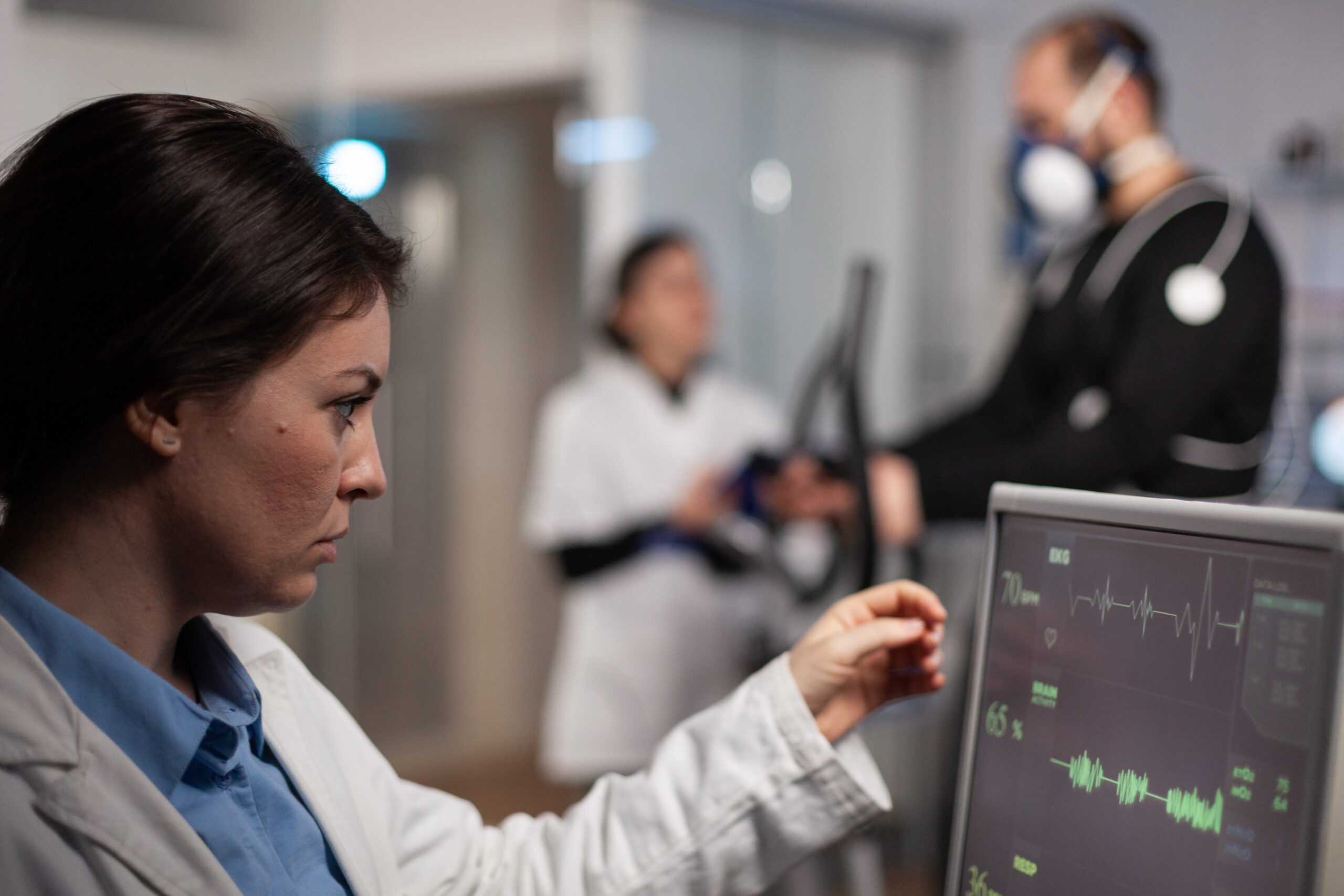
Innovations in Clinical Research Site Technology
Innovations in Clinical Research Site Technology

Technological Advances in Clinical Research
Technology is transforming clinical research sites at a rapid pace. From streamlining operations to improving patient care, technological innovations are enhancing the way clinical trials are conducted. These advancements not only improve the efficiency of research but also ensure better data accuracy and patient safety. In this article, we will explore some of the cutting-edge technologies that are revolutionizing clinical trials, how these technologies are improving data collection and trial management, and what the future holds for clinical research sites.
Cutting-edge Technologies Used in Clinical Trials
Clinical trials are increasingly relying on new technologies to improve various aspects of research. These innovations are enabling clinical research sites to work smarter and more efficiently. Some of the most notable cutting-edge technologies include:
-
Electronic Data Capture (EDC) Systems
One of the most important technologies in clinical trials today is Electronic Data Capture (EDC) systems. EDC allows clinical research sites to collect, manage, and store data electronically rather than on paper. This technology significantly reduces the chance of data errors and enhances the speed at which data can be processed. Platforms like Veeva Vault are industry leaders, providing EDC systems that are widely used in clinical trials. -
Wearable Devices and Remote Monitoring
Wearable devices are revolutionizing patient monitoring in clinical trials. These devices track real-time health data such as heart rate, blood pressure, and glucose levels. By using wearables, research sites can monitor patients remotely, which is particularly helpful in decentralized clinical trials. Remote monitoring not only reduces the need for frequent hospital visits but also helps researchers track patient progress from afar. -
Artificial Intelligence (AI) and Machine Learning
Artificial Intelligence (AI) is becoming an integral part of clinical research. AI is used for analyzing large datasets and predicting outcomes, which can speed up the clinical trial process. Machine learning algorithms can help researchers identify trends, optimize trial designs, and even predict patient responses to treatments. This technology significantly reduces the time and cost involved in clinical trials. -
Blockchain Technology for Data Security
Blockchain technology is making its way into clinical research by providing a secure and transparent way to manage trial data. Blockchain creates an immutable record of every transaction, which helps protect data integrity and ensures that it is not tampered with. For clinical trials that involve multiple stakeholders, this technology offers a transparent and secure way to manage sensitive patient information.
How Technology Improves Data Accuracy and Efficiency
Technology is greatly enhancing data accuracy and efficiency in clinical trials. The use of digital platforms, automation, and AI is helping research sites manage large datasets, monitor patient progress in real-time, and maintain high standards of data integrity. Here are a few key ways technology improves data accuracy and trial efficiency:
-
Reducing Human Error
One of the main advantages of digital tools, such as EDC systems and electronic health records (EHRs), is their ability to reduce human error. Paper-based data collection is prone to mistakes, such as misinterpretation or lost documents. With digital systems, data is automatically captured and stored, minimizing errors and ensuring that researchers have accurate, up-to-date information. -
Real-time Data Access and Monitoring
With technologies like remote patient monitoring and cloud-based platforms, clinical research sites can access real-time data from anywhere. This enables quicker decision-making and faster intervention if problems arise. Researchers can track patient progress, identify adverse events, and make adjustments to the trial as needed—all in real-time. -
Streamlining Data Analysis
Technologies like AI and big data analytics are enabling faster and more accurate data analysis. Instead of manually analyzing large volumes of data, AI can process this data quickly, identifying trends and insights that would take humans much longer to uncover. This allows research teams to make data-driven decisions more efficiently and move clinical trials forward at a faster pace. -
Improved Collaboration
Technology also improves collaboration between research sites, sponsors, and CROs (Contract Research Organizations). Cloud-based data-sharing platforms allow multiple stakeholders to access the same data at the same time, ensuring that all parties involved are on the same page. This collaborative approach enhances trial efficiency, reduces delays, and ensures that clinical trials run smoothly.
Future Tech Trends in Clinical Research
The future of clinical research is closely tied to technological advancements. As new technologies continue to emerge, clinical research sites will have even more tools at their disposal to improve trial management, data collection, and patient safety. Here are some future tech trends to look out for:
-
Decentralized Clinical Trials
Decentralized clinical trials (DCTs) are expected to become more common in the future. With the help of remote monitoring tools, telemedicine, and wearable devices, patients can participate in trials from the comfort of their homes. This reduces barriers to participation, improves recruitment, and makes trials more accessible to a broader population. As DCTs grow, clinical research sites will need to adapt to this new way of conducting trials. -
Personalized Medicine
Personalized medicine, which tailors treatments to individual patients based on genetic, environmental, and lifestyle factors, is gaining momentum. Clinical trials will increasingly rely on genetic testing and biomarker profiling to create personalized treatment plans. Technology will play a key role in facilitating these personalized approaches, allowing researchers to develop targeted therapies more efficiently. -
Next-Generation AI and Automation
AI will continue to evolve, with the introduction of more advanced algorithms and automation. The future of AI in clinical research includes more accurate predictive modeling, real-time patient monitoring, and even virtual trials. Automation will streamline administrative tasks, allowing research teams to focus more on the science behind the trials. AI is poised to play a critical role in accelerating drug development and reducing clinical trial timelines. -
5G Connectivity for Real-Time Data Sharing
With the rollout of 5G technology, clinical research sites will experience faster data transmission speeds. This will facilitate real-time sharing of patient data, even in remote locations. Faster connectivity will enable better collaboration between global teams, streamline the monitoring of decentralized trials, and improve patient care during clinical research studies.
Sources Cited:
- Veeva Vault – EDC Systems
- ACRP – Artificial Intelligence in Clinical Trials
- Clinical Trials Arena – Blockchain in Trials
- CenterWatch – Decentralized Clinical Trials
In conclusion, technological innovations are changing the way clinical research is conducted. From wearable devices to AI-driven data analysis, these technologies are improving the accuracy, efficiency, and safety of clinical trials. As these technologies continue to evolve, clinical research sites will be better equipped to handle complex trials, increase patient participation, and bring new treatments to market faster. If you’re interested in learning more about the latest advancements in clinical research, visit BioResearch Partner.
Recent Posts



We Want To Hear From You
If you are a soonsor/ CRO, Pharmaceutical Company, or a person searching for a clinical research site and need more information please call us now.



